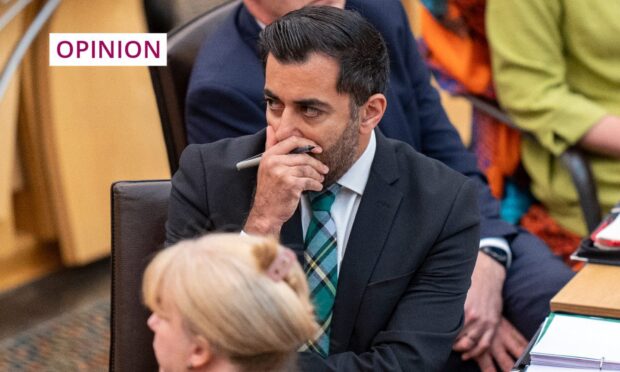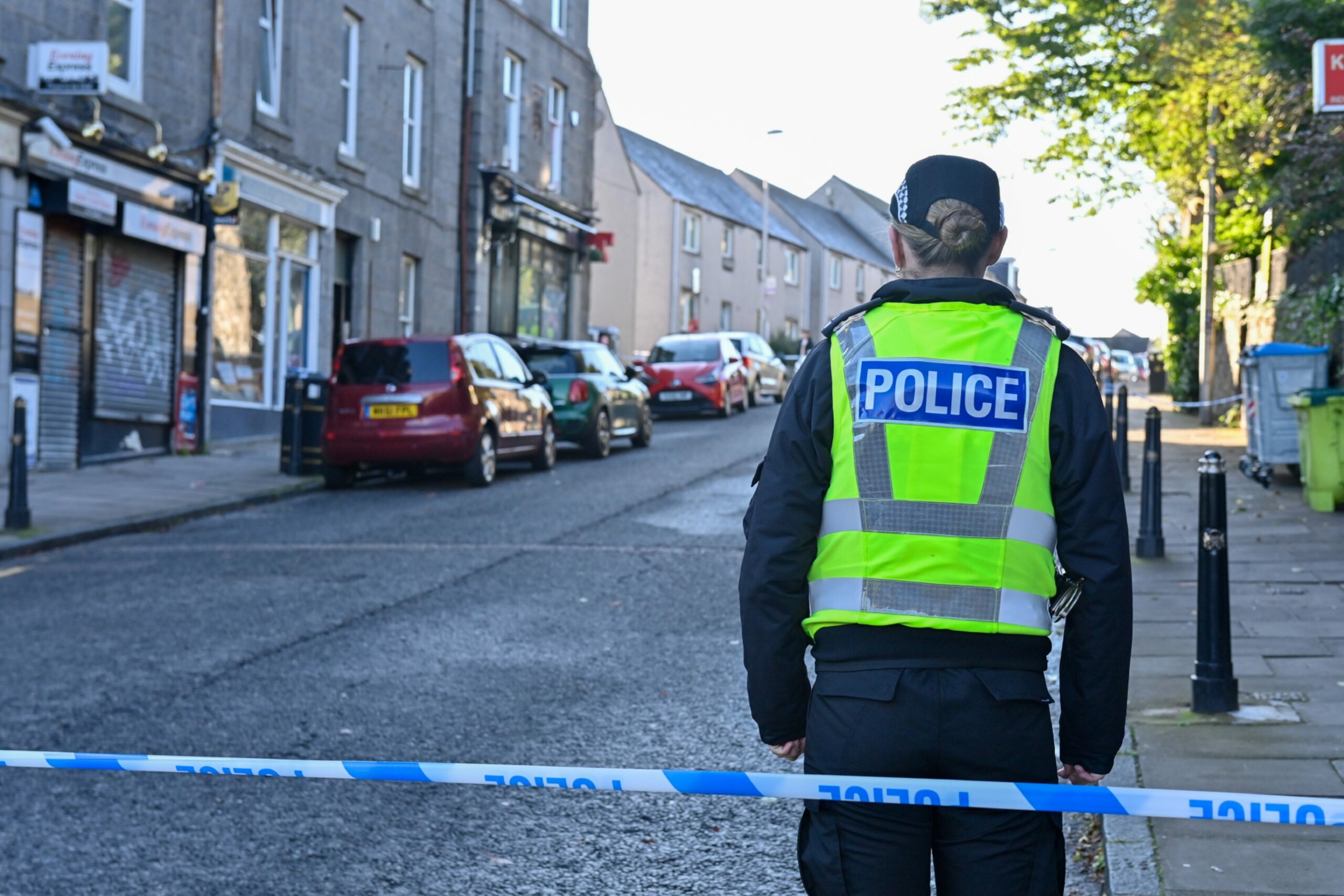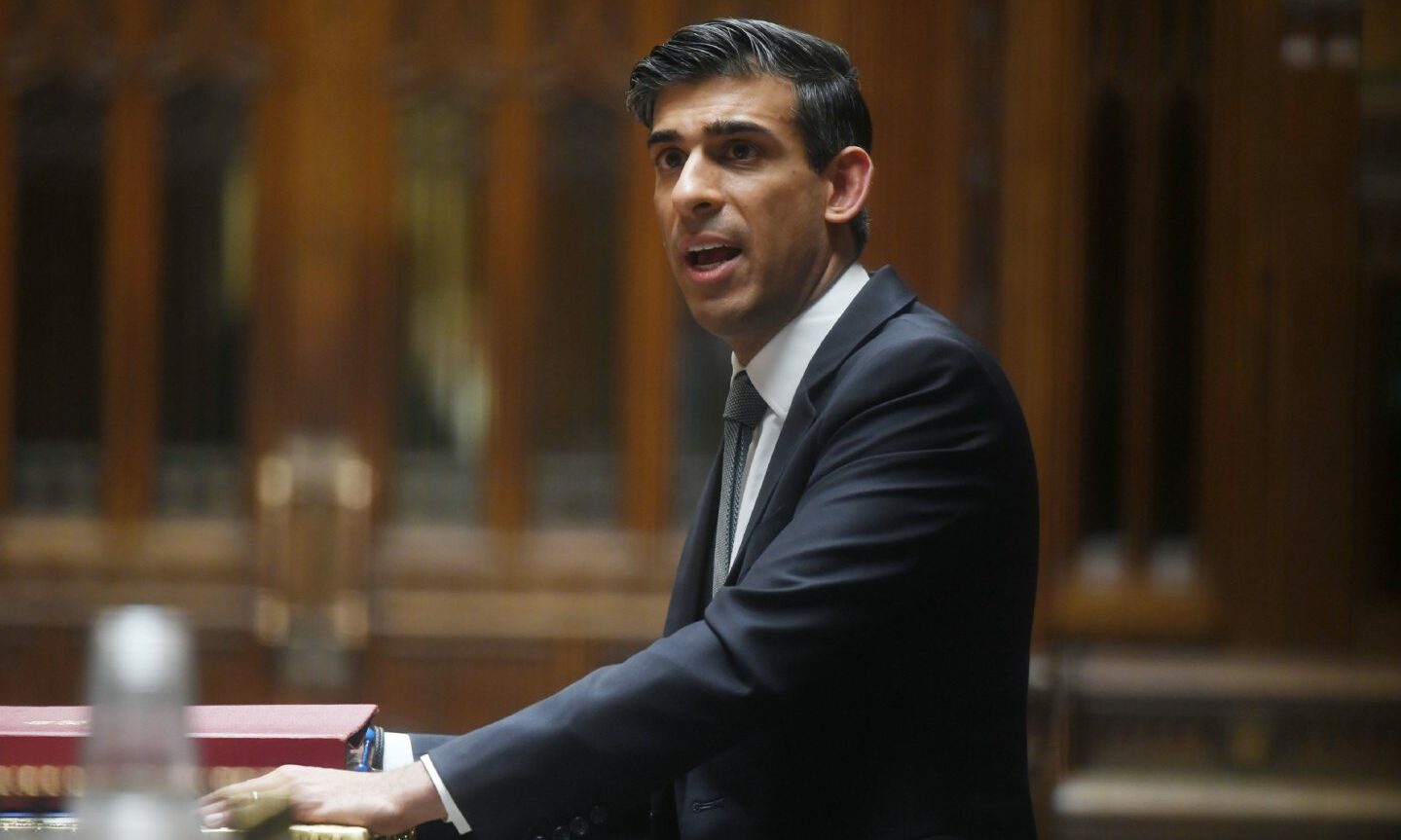The world of politics has come a long way since the last century. Politicians who were once regarded as pillars of society and well respected have, in recent years, lost the trust of the nation.
Perhaps the shaping of every statement as a sound bite or spinning things in an attempt to fool the media has led to absolute lies being told and then being rebranded as “misspoken” words, somehow trying to make a bad thing look a little better, or more acceptable.
There are lots of opportunities for political knockabout. But Prime and First Minister’s Questions should be above that.
In the House of Commons, PMQs used to be held for 15 minutes on a Tuesday and Thursday. But, when he was PM, Tony Blair changed this to 30 minutes every Wednesday. It used to be an opportunity to hear some great contributions from the likes of Harold Wilson, Margaret Thatcher and Gordon Brown, who were great orators, and their words would often lead to full-scale debates.
In recent months, I’ve come to question the value or purpose of Prime and First Minister’s Questions. They serve no useful purpose and add no value to democracy, unless the participants are honest with the public .
The opposition poses relevant questions which never seem to be answered. Even simple, one-line queries are treated with contempt. A diversionary reply often refers to money spent, which is meaningless. What we need to know is the effect or result of those billions being spent. Has it improved the situation? No answers but plenty of shouting across the chamber.
Big questions, but no answers
In Scotland, it’s no different. Recent questions were asked about the Scottish police force. The usual answer was given – that Scotland has more police on the beat than any other part of the UK, along with a 6.3% wage increase. However, 16,000 officers is the lowest ever number in Scotland since the SNP came to power.
The party also failed to explain that Police Scotland is facing a massive £19 million overspend. The very next day, the public learned that there are to be huge cost-cutting exercises, which could include closing police stations. All police training will be suspended, and some recruits may have to be used on partial duties. None of this was mentioned during FMQs.
It also came to light that Scottish Fire and Rescue is facing a deficit which will require £48 million of savings to be found. This will inevitably mean staff cuts and a reduction in a life-saving and necessary service.
Recently, the UK Government passed money directly to several towns and cities in Scotland to help pay for improvements. A welcome move, but one which usurped the Scottish Government.
What’s the point of having a government to manage Scotland’s affairs if the UK Government simply bypasses it? On the other hand, the situation was caused by the Scottish Government failing to pass on funds to local authorities in the first place.
PMQs and FMQs are no longer fit for purpose
Too many political requirements are placed on local authorities by Holyrood, without full funding to support them. As a result, most councils are overstretched and forced to make massive savings. That operates against the principle of local councils providing local services for the communities they serve.
It’s also a fact that most capital projects throughout Scotland are overdue and over budget. Why are the organisations which successfully bid and accept the work not pursued via the courts, if necessary, in order to enforce penalty clauses, when they have failed to deliver their contracts?
None of this is ever discussed or answered during First Minister’s Questions.
In my opinion, neither PMQs nor FMQs, whether held in Westminster, where they exhibit yahoo behaviour, or in Holyrood, where they sit like nodding donkeys or clapping like seals at cheap personal jibes, are great examples of grown-up, intelligent, adult behaviour.
It’s little wonder they aren’t taken seriously, as the object of the exercise seems to be to insult the person asking the question, rather than answering it honestly.
Politicians are elected to serve the people, not the other way round. We are entitled to know how our taxes are being spent and see progress on delivering pledges for which they were elected. Perhaps our senior ministers should start behaving accordingly.
Len Ironside CBE is a former champion wrestler who served as an Aberdeen councillor for 35 years, with four years as council leader



Conversation